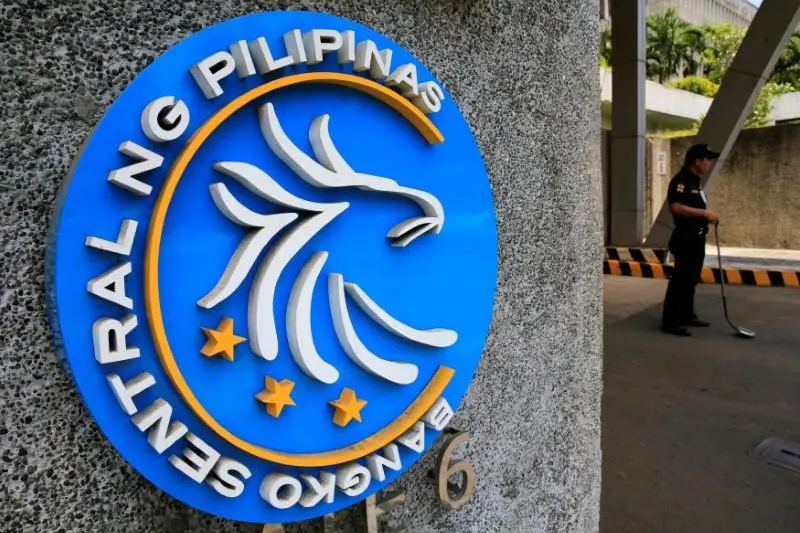PHOTO
The Philippine central bank governor reiterated on Tuesday that the benchmark rate could be cut ahead of the Federal Reserve, keeping pressure on the peso against the dollar amid expectations U.S. rates will stay higher-for-longer.
Governor Eli Remolona said the Bangko Sentral ng Pilipinas (BSP) is ready to take action when the peso is under stress, but added that the central bank does not intervene in the foreign exchange market on a daily basis.
"We intervene to express our own view where the peso should be going," Remolona said.
The Philippine peso has weakened past 58 per dollar to its lowest in 19 months. So far in 2024, the peso has fallen 5.8% against the dollar.
The central bank chief said the benchmark policy rate - currently sitting at a 17-year high of 6.50% - could be cut before the Fed starts its easing cycle, repeating previous comments as policymakers gain more confidence about reining in inflation pressure.
Remolona said the BSP is already less hawkish than before as inflation could settle within its 2% to 4% comfort range sometime this year after staying above the top end of that target for two consecutive years.
The Philippine central bank, which kept its benchmark rate steady at its last five meetings, has said it was looking to cut rates by 25 basis points as early as August and by another 25 basis points in the fourth quarter.
The BSP's stance and market pricing suggesting the Fed's first cut could come as late as December have undermined the peso.
However, Remolona played down comments made by Finance Secretary Ralph Recto last month on the possibility of 150 basis points of rate cuts over the next two years, saying that it might be "too aggressive" given the current growth path.
"For that to happen, I think there should be a risk of a hard landing," he added.
The Philippine economy grew 5.7% in the first quarter, lagging expectations but picking up the pace slightly from the last three months of 2023.
The World Bank on Tuesday kept its growth projections for the Philippines at 5.8% in 2024 and 5.9% next year, unchanged from its April forecasts, it said in a new report. The Washington-based lender also expects the Philippine economy to grow by 5.9% in 2026.
"The positive outlook hinges on successfully containing inflation and transitioning toward a more accommodative monetary policy, which will support private domestic demand," the World Bank said. (Reporting by Mikhail Flores; Editing by Shri Navaratnam and Jacqueline Wong)





















